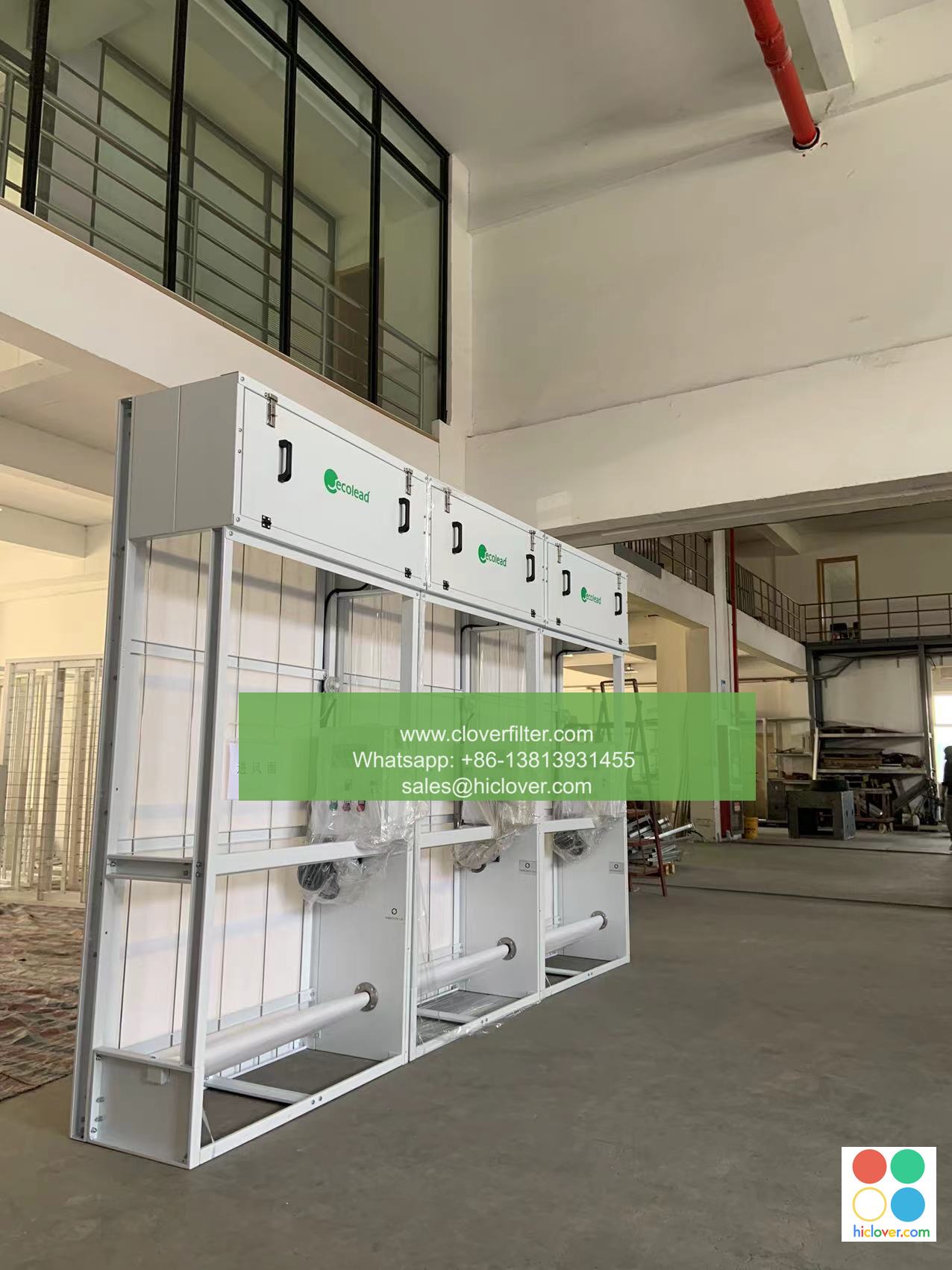The Importance of Air Filters in Industrial Settings

The Importance of Air Filters in Industrial Settings
A Breath of Fresh Air: The Vital Role of Air Filters in Industrial Settings
In industrial settings, the air we breathe can make all the difference between a productive and efficient workforce, and one that is hampered by poor indoor air quality. This is where air filters come in – a crucial component in ensuring a clean, healthy, and safe working environment. In this article, we will explore the importance of air filters in industrial settings, highlighting their significance, benefits, and various application areas.
Bad Air, Bad Health: The Consequences of Poor Air Quality
Industrial environments are often prone to contamination from airborne pollutants, including dust, fumes, allergens, and chemicals. Prolonged exposure to such poor air quality can have severe consequences, including:
- Respiratory issues: Breathing in polluted air can lead to respiratory problems, such as asthma, bronchitis, and chronic obstructive pulmonary disease (COPD).
- Weakened immune system: Exposure to airborne pathogens and toxins can compromise the immune system, making workers more susceptible to illnesses.
- Reduced productivity: Poor air quality can lead to fatigue, headaches, and decreased focus, resulting in reduced productivity and efficiency.
The Filter Solution: A Cleaner Air Tomorrow
Air filters, such as HEPA (High-Efficiency Particulate Air) filters, are designed to capture 99.97% of particles as small as 0.3 microns. They work by using a membrane or other technologies to trap particles, gases, and pollutants, ensuring a cleaner, healthier environment.
Applications: Where Air Filters Make a Difference
Air filters are not just limited to general industrial settings. They are also crucial in specific industries where high levels of air pollution are common, such as:
- Manufacturing: In industries like manufacturing, air filters are used to remove dust, fumes, and contaminants from the air, ensuring a cleaner work environment for employees.
- Hospitals and Healthcare: In healthcare settings, air filters are used to trap airborne pathogens, preventing the spread of diseases and keeping patients safe.
- Agriculture: In greenhouses and agricultural environments, air filters are employed to remove pests, dust, and other airborne contaminants, ensuring a healthier environment for crops.
- Research Laboratories: In high-tech research facilities, air filters are used to minimize airborne contaminants, preventing contamination of equipment and samples.
Case Study: A Cleaner, Healthier Workforce
A leading manufacturer of automotive parts discovered the importance of air filters when they installed a custom-designed filtration system in one of their facilities. The results were striking: a 50% reduction in airborne particulate matter, a 70% decrease in employee absenteeism, and a 25% increase in productivity. The improved air quality led to a healthier, more efficient workforce, resulting in increased employee satisfaction and reduced turnover rates.
Conclusion
In conclusion, air filters are a vital component in maintaining a safe, healthy, and efficient industrial setting. By understanding the importance of air filters, industries can reduce the risk of airborne contaminants, improve employee health, and increase overall productivity. Whether in manufacturing, healthcare, agriculture, or research, air filters play a critical role in providing a cleaner, healthier air – and a better tomorrow.
I’m ready to assist you. What would you like to talk about or ask?

